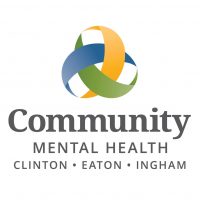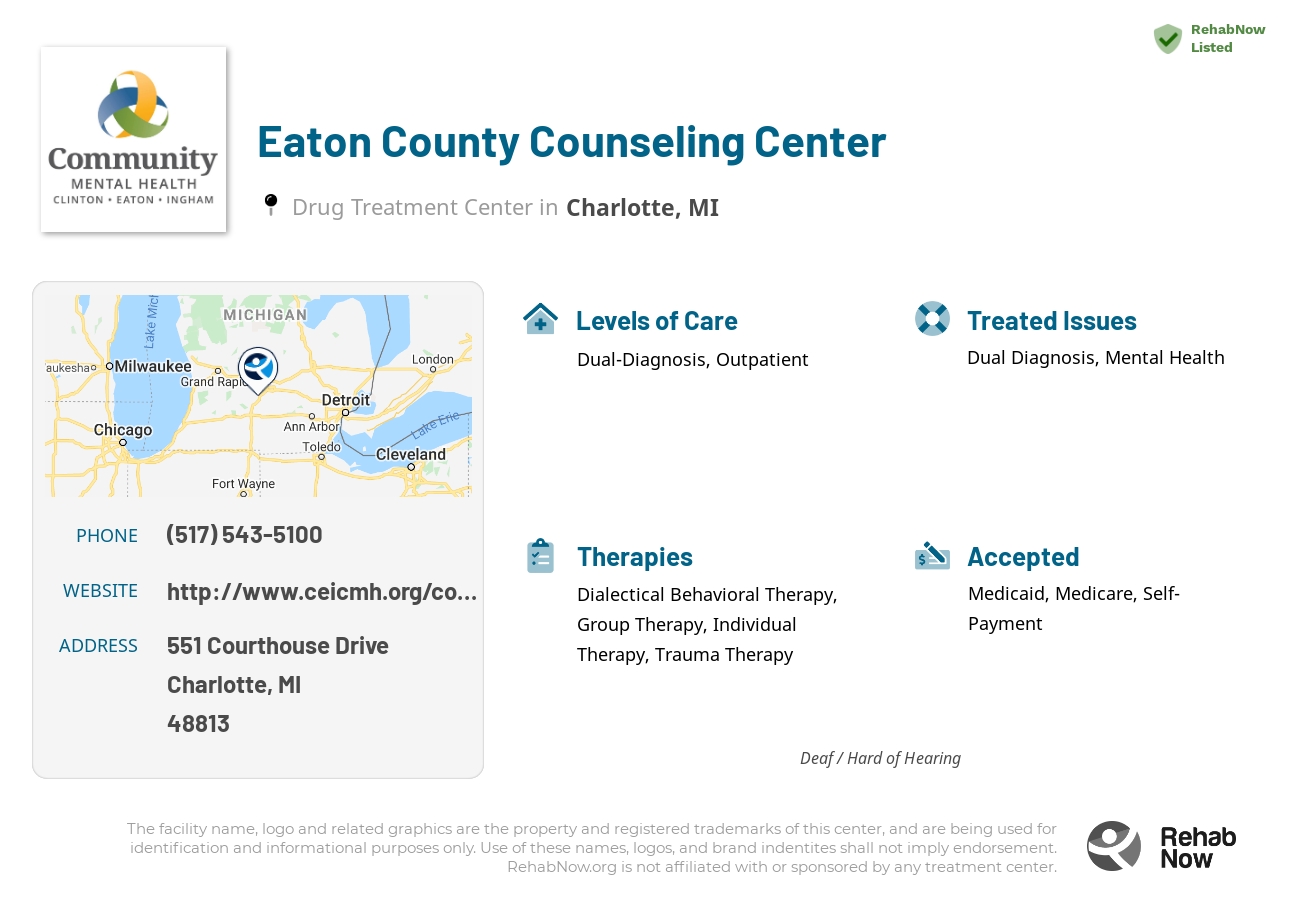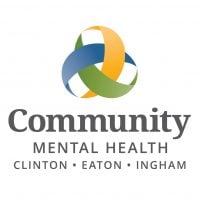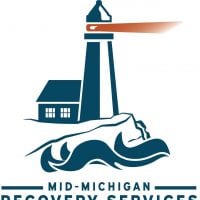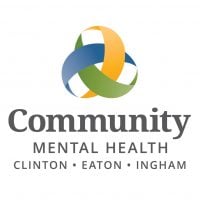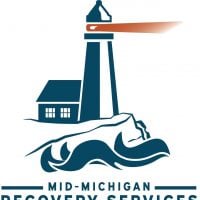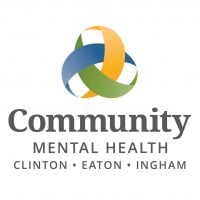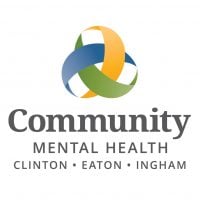Eaton County Counseling Center
Drug Rehab Center in Charlotte, Michigan
The Eaton County Counseling Center is a treatment facility located in Charlotte, MI that offers mental health and addiction services, including assessments, therapy, and 12-step programs, as well as support services for family members of those with addictions, with the goal of helping individuals struggling with addiction and dual diagnosis improve their quality of life.
About Eaton County Counseling Center in Michigan
Eaton County Counseling Center, positioned in Charlotte, Michigan, centers its efforts on providing invaluable support for dual diagnosis and mental health challenges. This public rehabilitation facility is distinctive in its comprehensive approach to tackling both substance abuse and mental health issues, setting a solid foundation for recovery and wellbeing.
Accredited by the Joint Commission on Accreditation of Healthcare Organizations (JCAHO), Eaton County Counseling Center stands out for its dedication to maintaining high standards in addiction and mental health treatment. Their affiliation with Community Mental Health underscores their commitment to supporting individuals through a diverse array of services tailored to dual diagnosis and mental health needs.
- Dual Diagnosis Expertise: Specialized treatment plans address both mental health issues and substance abuse, offering a holistic recovery approach.
- Comprehensive Care Levels: From outpatient services to detoxification, tailored support ensures each individual's needs are met.
- Accredited High-Quality Care: Recognized by JCAHO, their programs meet rigorous standards for treating addiction and mental health disorders.
Eaton County Counseling Center confronts a wide spectrum of addictions and issues, including substance abuse, drug addiction, opioid addiction, and alcoholism, with an informed and empathetic approach. By employing varied treatment methods and providing both outpatient and detox levels of care, they accommodate the unique journey of each individual towards sobriety and health.
Genders
Ages
Modality
Additional
Accreditations

JCAHO
Conditions and Issues Treated
Dual diagnosis refers to someone who has both an addiction and a mental or emotional illness. Dual diagnosis treatment includes therapy for both issues simultaneously, allowing for effective treatment of either.
Sometimes people with addiction disorders also have co-occurring disorders like depression, anxiety, bipolar disorder, etc. These require specialized treatment programs that address both drug and alcohol addiction as well as psychiatric illnesses. Some rehabilitation facilities provide patients with co-occurring disorders a program with highly integrated services and a clean, distraction-free environment.
Levels of Care Offered
This center offers a variety of custom treatment tailored to individual recovery. Currently available are Dual-Diagnosis, Outpatient, with additional therapies available as listed below.
Alcohol or drug addiction, or co-occurring disorders, are treated in an outpatient program. The patient must attend therapy and other programs at the facility but can return home each night.
Outpatient treatment allows recovering addicts to live at home while receiving addiction treatment. Outpatients can attend group sessions for a few hours per week. Outpatients may also continue to work full time and study/attend school without interruption if they choose.
Therapies & Programs
Different people react differently to various treatment options. Some drug rehabilitation centers offer individualized treatment that caters to the specific needs of a drug addict. The best treatment option varies on an individual depending on the type of drug abused, life history, medical condition of the person, social circumstances, and the environment they live in now.
When a person enters drug rehab, they usually have anti-drug associations such as withdrawal symptoms, stress, cravings, etc. The first step of drug rehab is to detoxify the body from any residual substances in it. Drug rehabilitation centers usually employ trained medical professionals to help in this process. Usually, the initial detoxification lasts for five days, where the person is monitored under close supervision.
Attending group therapy at Eaton County Counseling Center in , is a useful way for those seeking sobriety to realize they aren’t the only one going through it.
This is when a group of people on different recovery phases get together and talk about what they’re going through, their triggers, successes, and failures. This can include alternative types of therapies too! Group therapy may occur on an outpatient or inpatient basis with groups that have no pre-existing relationships outside the session, unlike support groups where everyone already knows each other beforehand.
Trauma therapy is a form of therapy used to help people process and understand past traumas. This can help struggling addicts, as many people turn to drugs or alcohol to mask the pain of their past. Trauma therapy can be done in several ways, such as through visualization, discussion, and writing down thoughts and feelings. The goal is to help the individual understand why they are having problems coping with certain situations and changing how they think and react to things. This is often done in tandem with other therapies to treat the underlying issues associated with addiction.
The idea behind trauma therapy is that while some people can experience traumatic events and not have lasting psychiatric symptoms, many others will. In these cases, memories get hidden from consciousness but continue to influence how the person processes and copes with things in their life. They may avoid situations that resemble what happened or become suddenly angry or irritated to a situation that reminds them of a past event. With the help of a therapist, people can go back over memories and experiences. This helps them understand why they are having problems coping with certain situations and changing how they think and react to things.
This type of cognitive-behavioral therapy helps people understand how their thoughts, behaviors, and feelings are interconnected. It can help patients with borderline personality disorder gain control over their actions and stop self-harming thoughts and attempts.
Cognitive Behavioral Therapy is a type of psychotherapy that helps people address the thoughts and behaviors that may have led to their addiction. It also helps change negative thoughts into positive ones and promotes healthy communication between addicts and those around them. CBT is an efficient treatment for individuals suffering from all sorts of addictions.
Cognitive Behavioral Therapy (CBT) focuses on the underlying thoughts and behaviors that caused the problem of addiction in the first place and may cause a relapse. Negative feelings are common in drug abuse disorders, but they can lead to co-occurring disorders if not recognized. CBT involves strategies that help to change the behavior pattern by restructuring negative thoughts into positive ones. It helps to remove these feelings, and it provides long-term benefits. Also, CBT promotes self-awareness, self-control and can be administered as a mono-therapy or as part of combination therapy.
Payment Options Accepted
For specific insurance or payment methods please contact us.
Community Mental Health Associated Centers
Discover treatment facilities under the same provider.
- Community Mental Health - The Recovery Center in Lansing, MI
- Community Mental Health - Clinton County Counseling Center in Saint Johns, MI
- Community Mental Health - House of Commons in Mason, MI
- Community Mental Health - The Recovery Center in Lansing, MI
- Community Mental Health - Cedar Street in Lansing, MI
Learn More About Community Mental Health Centers
Additional Details
Specifics, location, and helpful extra information.
Charlotte, Michigan 48813 Phone Number(517) 543-5100 Meta DetailsUpdated April 15, 2024
Staff Verified
Eaton County Counseling Center Patient Reviews
There are no reviews yet. Be the first one to write one.
Charlotte, Michigan Addiction Information
Michigan has the second-highest rate of drug and alcohol abuse in the nation. Heroin is linked to more than 50% of the state's hepatitis C cases. Marijuana is the drug most often associated with crimes in Michigan, followed by methamphetamines. Opioids alone are responsible for almost 20% of all drug overdose deaths in Michigan.
Unfortunately, the drug addiction problem in Charlotte, Michigan, is extremely bad. According to recent statistics, approximately 1,000 people in Charlotte are addicted to drugs, and another 2,000 are abusing drugs. This means that about 7% of the population in Charlotte is dealing with some drug addiction or abuse problem. Detox facilities provide a safe and supportive environment for people struggling with addiction and who want to quit using drugs.
Treatment in Nearby Cities
- Midland, MI (77.6 mi.)
- Manistee, MI (136.9 mi.)
- Hart, MI (108.8 mi.)
- New Baltimore, MI (107.4 mi.)
- Wixom, MI (66.7 mi.)
Centers near Eaton County Counseling Center
The facility name, logo and brand are the property and registered trademarks of Eaton County Counseling Center, and are being used for identification and informational purposes only. Use of these names, logos and brands shall not imply endorsement. RehabNow.org is not affiliated with or sponsored by Eaton County Counseling Center.
